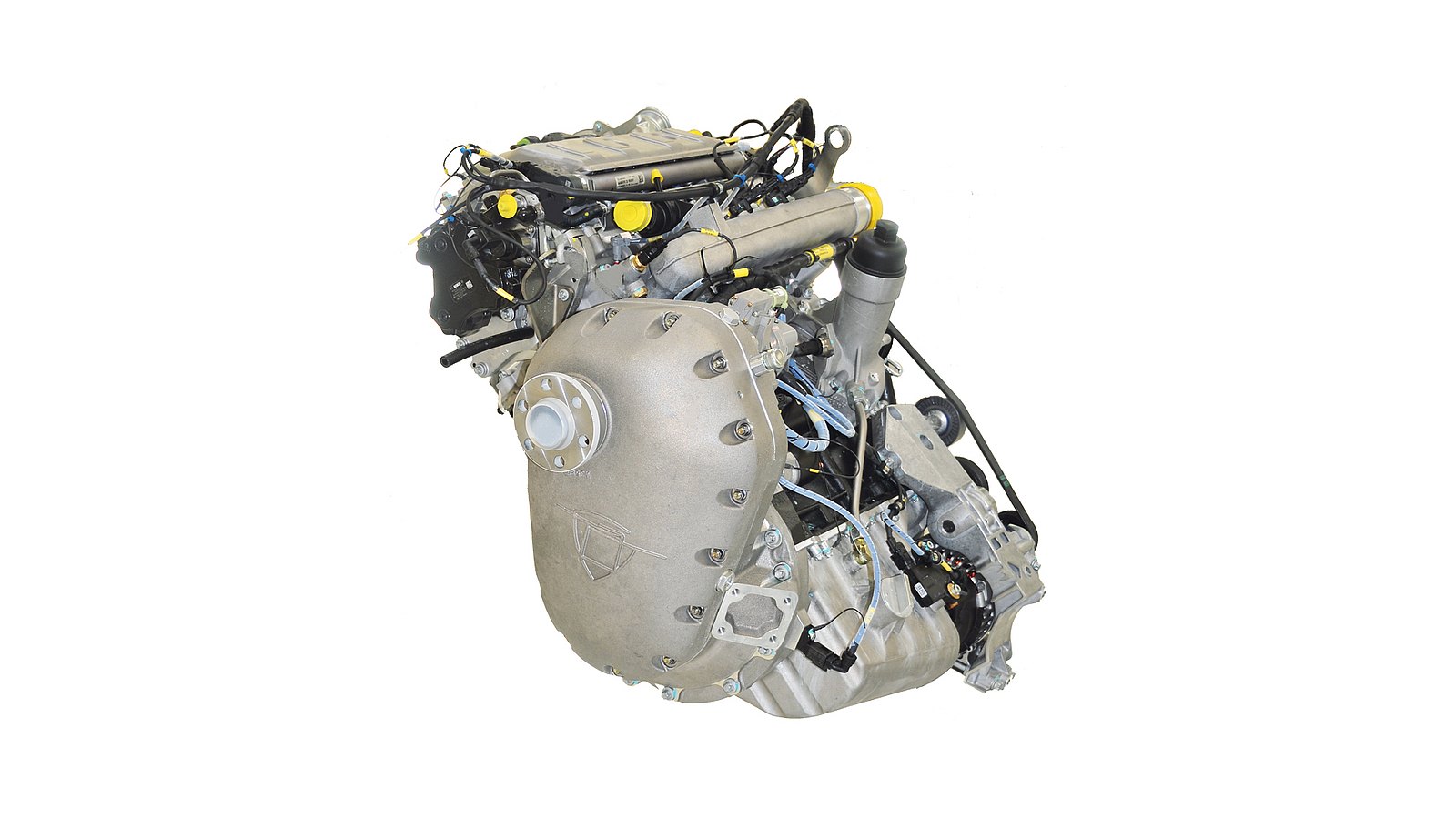Get the Perfect Fit with Engines For Africa's Diverse Selection
A Total Overview to Choosing the Right Engine for Your Job
Selecting the suitable engine for your job is a crucial choice that can significantly impact its general success. Each of these elements plays an essential function in ensuring that your picked engine not just meets immediate purposes but additionally aligns with lasting goals.
Specify Your Task Needs
Specifying your job needs is an important action in picking the suitable engine for effective execution. A comprehensive understanding of your task's goals will direct you in recognizing the abilities and functions needed from an engine. Begin by outlining the scope of your job, consisting of the preferred performance, target audience, and the certain end results you intend to achieve.
Following, take into consideration the technical demands that straighten with your task goals. This includes examining the compatibility of the engine with existing systems, along with the programs languages and frameworks that will certainly be utilized. Furthermore, analyze the level of scalability needed to suit future development or modifications popular.
Budget restraints additionally play a crucial function in defining your job needs. Establish a clear economic structure to guide your decision-making process, making sure that the engine selected fits within your spending plan while supplying the needed capability.
Evaluate Efficiency Demands

Next, consider the scalability of the engine. Examine whether it can take care of enhanced workloads as your job expands. Engines that support horizontal scaling are often more effective for bigger applications. Additionally, assess the engine's efficiency under different problems, such as peak usage circumstances, to guarantee it fulfills your reliability criteria.
Take Into Consideration Ease of Use
While technical requirements are necessary, the simplicity of use of an engine can dramatically impact the development procedure and overall job success. An user-friendly interface, clear documents, and structured workflows can drastically reduce the learning curve for developers, allowing them to concentrate on creativity and analytic as opposed to coming to grips with complicated tools.
When reviewing an engine's convenience of use, think about the onboarding experience. A well-structured introduction, full with tutorials and sample projects, can facilitate a smoother change for brand-new individuals. In addition, the quality and comprehensiveness of the engine's documentation play an important role; extensive guides and API referrals can encourage designers to repair and apply functions efficiently.
An additional aspect to think about is the engine's personalization abilities. An engine that allows for very easy adjustments can be much more user-friendly, as programmers can customize it to fit their certain requirements without extensive inconvenience. Examine the process combination with platforms and devices you already use. A natural environment can improve productivity and lower friction throughout the development procedure. Inevitably, selecting an engine that focuses on simplicity of use can bring about an extra effective and pleasurable advancement experience.
Assess Neighborhood and Support
The stamina of an engine's area and support network can considerably affect a developer's experience and success. When examining an engine, consider the dimension and task degree of its neighborhood.
Furthermore, examine the schedule of main assistance networks. Trusted documents, receptive customer support, and regular updates are necessary for dealing with technological concerns and maintaining your job on the right track. Engines For Africa. Energetic areas likewise promote collaboration, providing possibilities for networking and comments, which can be invaluable, particularly for little teams or independent designers
In addition, check out the visibility of community-run events, such as meetups or hackathons. These gatherings can enrich your understanding of the engine while attaching you with skilled individuals and prospective collaborators. In summary, a robust neighborhood and support system not just improve development but also produce an environment for learning and innovation, ultimately boosting the chance of your job's success.
Compare Cost and Licensing Choices
Budget plan considerations play an essential role in picking the ideal engine for your task, as the expense and licensing choices can substantially influence both short-term costs and long-lasting stability. Engines For Africa. Various engines provide differing prices structures, which can consist of single acquisition costs, registration versions, or revenue-sharing contracts based on your task's incomes

Licensing alternatives additionally vary substantially. Some engines are open-source, offering versatility and community-driven assistance, while others might need exclusive licenses that restrict use and distribution. Comprehending the implications of each licensing model is essential, as it impacts ownership legal rights, future scalability, and possible lawful responsibilities.
Final Thought
To conclude, choosing the suitable engine for a job necessitates an extensive assessment of specified job needs, efficiency needs, convenience of usage, neighborhood assistance, and cost factors to consider. By systematically addressing these vital elements, decision-makers can ensure positioning with both current and future job needs. An educated selection inevitably improves the possibility of job success, allowing efficient source appropriation and taking full advantage of potential outcomes within the defined monetary constraints.
Picking the appropriate engine for your task is an important decision that can considerably affect its overall success.Specifying your project requires is a vital action in choosing the proper look at this site engine for successful execution. An extensive understanding of your job's goals will certainly direct you in recognizing the capacities and features required from an engine.When you have a clear understanding of your job requires, the next step is to examine the efficiency requirements of the engine.In conclusion, choosing the proper engine for a task demands a this hyperlink complete evaluation of defined project requirements, efficiency needs, convenience of usage, community support, and cost considerations.